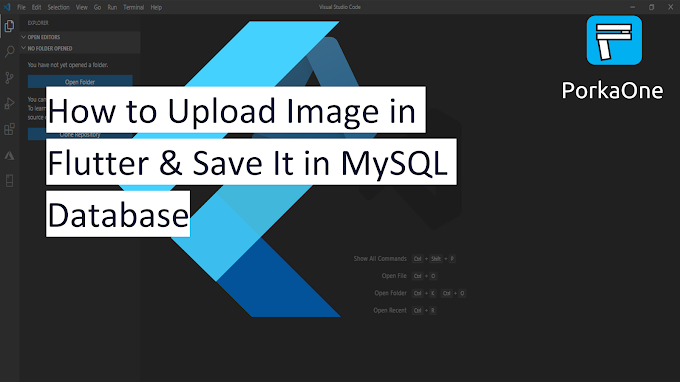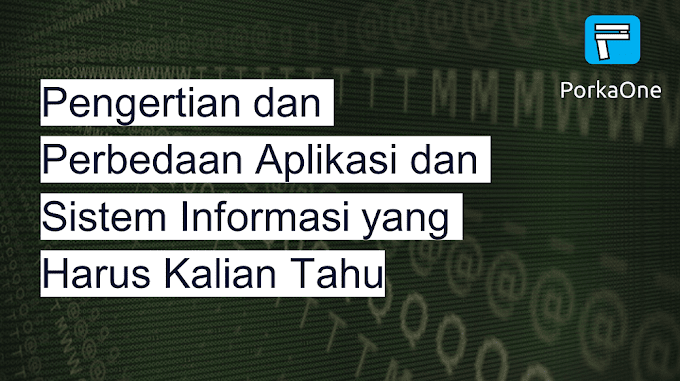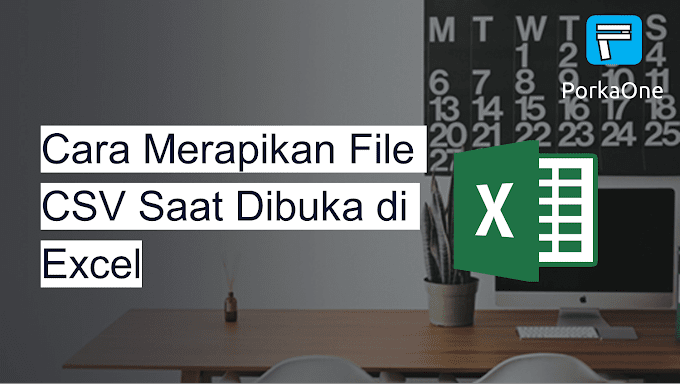Hello everyone, welcome back to porkaone. Well on this occasion, I will share my knowledge with all of you about the various licenses that exist in the developer world. You must know this license so you don't use it wrong later. Curious?, let's follow the discussion below.
In the programming world, there are terms open source and closed source that we often hear. Open source means that anyone can modify and join to develop the software or system. While closed source is the opposite, where only official developers can modify or develop the application or system.
Open source applications or systems are provided for free on official websites or social media platforms such as github. The source code is open and modifiable, sometimes there is also full documentation available for developers to join the team. Examples are numerous and available in almost all programming languages.
Well, in this discussion I will only discuss open source in terms of licenses or conditions that apply to developers only. There are at least 5 licenses that we need to understand so that later the source code that we use is free from violations that can harm us.
Types of Open Source Licenses
Not all open source applications can be developed and redistributed for free without any conditions. There are still rules that bind the source code so that it can be redistributed. These rules govern a work and a person's intellectual property rights.
The first thing to understand is that if a source code is not licensed, the intellectual property rights fall to the developer. And this can be called automatic copyright. which automatic copyright has been widely used by various countries including Indonesia.
1. Apache License
The first is the apache license, this license is written by the Apache Software Foundation (ASF). The use of the patent is granted directly by the maker to the user. This license also allows users to reuse it for commercial purposes and assign other licenses to the original software.
The condition is that every software that has been modified and redistributed must include this license or include the original copyright of the author, then the user must also include all changes and modifications. Users may not use the logo, trademark (trademark) or on behalf of the software from the original author. And lastly, the user has no right to sue the original creator for damage or loss from the redeveloped application.
2. GNU General Public License / GPL
Next there is the GPL, the GPL is the most widely used license in open source software today. Applications developed and redistributed must use the same license and users may use this licensed application for commercial purposes after re-modification.
The condition is that the user must include the source code of a previously modified library or library, then include the license, then include the copyright of the original author, and include all changes that have been made by the user and lastly, the user does not have the right to sue the original author for damages. and losses suffered by users.
3. MIT License
Then there is the MIT License, this license comes from the Massachusetts Institute of Technology or MIT for short. This license is concise and straight to the point. Where this license allows users to do anything to the source code like the apache license.
With the condition that the user must include the license and copyright of the original creator of the code when the application is redistributed to the market. Users are not prohibited from using the trademark (trademark) of the original author. And lastly, the user has no right to sue the original creator when damage or loss occurs.
4. Artistic License 2.0
Then there is the artistic license, this type of license is commonly used by programmers or the Perl community. This license has the same terms as the MIT license. In addition, users must include the original version when redistributing it. And lastly, the name of the modified software or software cannot be the same as the original software.
5. Unlicense / Public Doman Dedication
It was mentioned above, that if software is exposed on the internet without a license that explains it, by default the intellectual property rights or patents fall to the user if a new user invests a license in the software being developed. Any unlicensed software is no longer protected by law. And the ownership rights or copyrights are owned by the public and not by individuals.
This is a short article about 5 open source licenses that you should know and understand. Hopefully it's useful, if there's anything you want to ask, please ask directly in the comments column below this post. See you in another exciting article.







0 Comments
Come on ask us and let's discuss together
Emoji